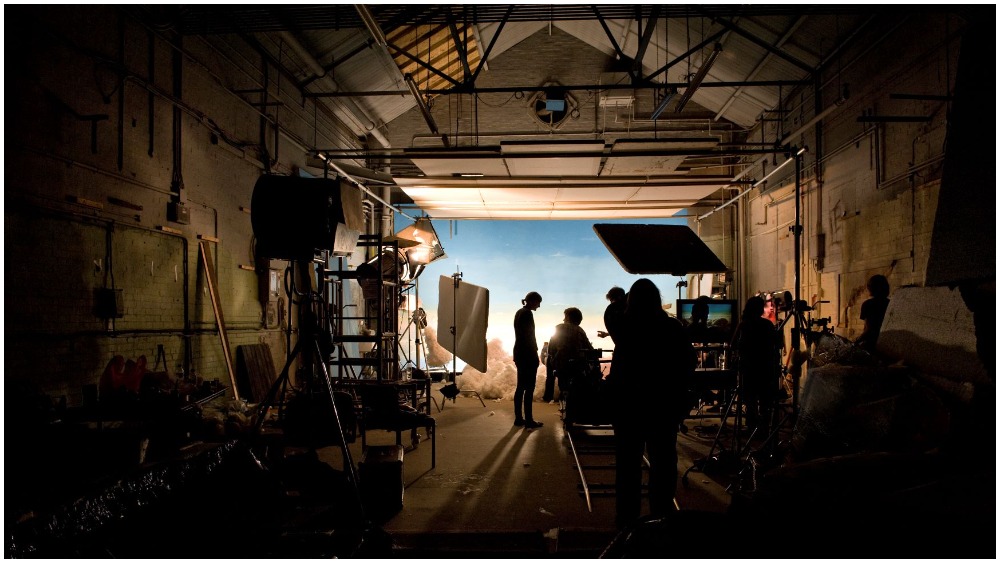While executives discussed the future of television at this week’s Edinburgh TV Festival, new research has exposed a stark reality: Britain’s television workforce is experiencing an unprecedented employment crisis.
A comprehensive study by Bectu, the U.K.’s union for the creative industries, surveyed over 3,600 professionals working across British television production, from drama and documentaries to commercials and broadcasting. The results reveal an industry where unemployment has reached alarming levels.
Current joblessness affects nearly half the workforce surveyed. Drama workers reported a 45% unemployment rate, while those in unscripted programming faced 46% unemployment. Commercial production workers experienced similar hardship at 46% unemployment as of March 2025.
The research, which represents the most extensive examination of U.K. television employment to date, traces these problems to industry turbulence following the 2023 U.S. entertainment strikes and subsequent reduction in commissioned content. Recovery has been slow, with only one in five workers reporting that job availability has returned to pre-strike conditions.
Economic hardship extends beyond simple unemployment figures. More than two-thirds of television workers – 68% – report difficulty covering basic living expenses. The crisis disproportionately affects marginalized communities within the industry.
Workers from working-class backgrounds face higher unemployment rates (42%) compared to those from more privileged backgrounds (37%). Disabled professionals experience unemployment at 44%, significantly higher than their non-disabled colleagues at 39%. The survey also found that workers from ethnic minority backgrounds suffer substantially higher joblessness than white workers, though specific figures were not detailed.
The study uncovered troubling workplace conditions that extend beyond employment statistics. Nearly three-quarters of respondents (74%) believe the television industry tolerates misconduct that would be unacceptable in other sectors. Bullying and harassment remain common, with 61% of workers witnessing or experiencing such behavior within the past year.
Industry networking practices appear to reinforce exclusivity, as 78% of workers found their most recent position through personal connections rather than transparent hiring processes. This pattern particularly disadvantages minority workers, with 60% of ethnic minority professionals reporting direct encounters with racial discrimination or abuse.
Mental health concerns are widespread, especially within unscripted television production. Nearly one-quarter (24%) of unscripted workers describe their psychological wellbeing as severely compromised, while 68% report experiencing anxiety or depression over the past year. Across all television sectors, 18% of workers characterize themselves as struggling significantly with mental health.
Job insecurity pervades the industry, with 87% of workers describing their employment as unstable. This uncertainty affects personal relationships, with 72% reporting that work instability has damaged their family and social connections. Professional confidence remains low, as only 18% express optimism about their career prospects in television.
Most concerning for the industry’s future, one-third of current workers anticipate leaving television within five years, suggesting potential talent drain.
“These findings lay bare the devastating impact of recent industry challenges compounded by years of insecure employment practices and poor conditions across much of the sector,” said Philippa Childs, head of Bectu.
“Behind every statistic is a skilled professional who is critical to our world-class TV industry, but is being driven out by unstable work, poor conditions and toxic cultures. Without urgent action from broadcasters, streamers and production companies, we risk losing a generation of talent and further entrenching inequality in the industry.”
Bectu has called for immediate intervention from both industry leaders and government officials to address job stability, enhance protections for freelance workers, and combat workplace harassment. The union also advocates for sustained funding of the Creative Industries Independent Standards Authority (CIISA), noting that several major industry companies have not yet committed to supporting the oversight organization financially.
The survey was conducted between February and March this year, capturing responses from 5,597 creative industry professionals, with 3,621 specifically working in television production and broadcasting.

